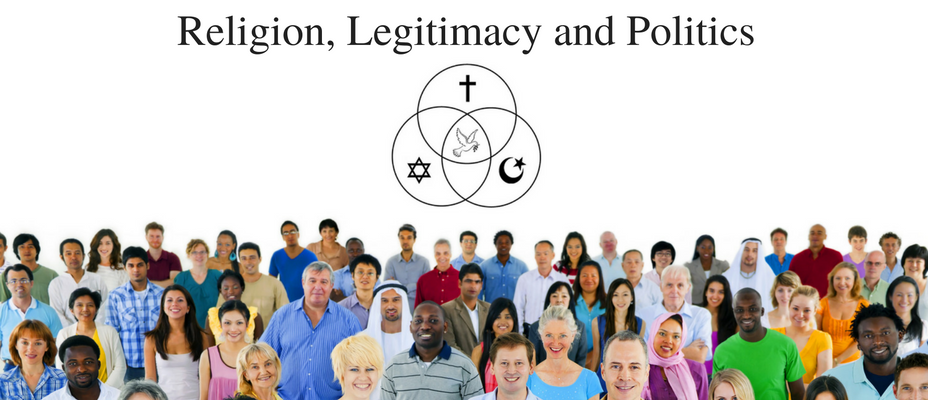By Rudy Barnes, Jr., April 29, 2023
David French spoke at the Barnes Symposium on April 20, and lamented that American democracy lacks virtue. When freedom and democracy lack the moral virtues needed for political legitimacy, democracy is in trouble; and that’s where America is today. It’s facing a cultural crisis involving the legal and moral standards of political legitimacy.
Everyday we see more crime, more deaths from gun violence, and even more demands for freedom. Pervasive greed corrupts our financial institutions, and polarized partisan politics prevent political reform. America has ignored other democracies like New Zealand that have shown that freedom and democracy can be compatible with reason and justice.
Altruism is a critical virtue in a healthy pluralistic democracy, but in America it has been corrupted by the lust for wealth and power. While America has done much good in the world, it reflects a vast disparity of wealth. A booming stock market represents an economy of the rich, but not for the rest. America’s crony capitalism reflects greed and political corruption.
If domestic corruption weren’t bad enough, flawed military interventions overseas have been motivated by misplaced American exceptionalism. Russia and China now challenge the American ideal of freedom and democracy with an autocratic world order; and a skeptical world no longer puts American freedom and democracy on a moral pedestal above other regimes.
The church has lost its moral compass by failing to promote the moral imperative of reconciliation in the greatest commandment to love God and our neighbors of other races and religions as we love ourselves. It was taken from the Hebrew Bible, taught by Jesus, and accepted as a common word of faith by Muslim scholars; but exclusivist church doctrines on salvation have done more to further religious divisiveness than to promote reconciliation.
In America Donald Trump and his GOP have fanned the flames of Christian nationalism to dangerous levels, while Russia’s Orthodox Church supports Putin’s unprovoked aggression in Ukraine. Fortunately, there is no Chinese orthodox church to promote the return of Taiwan to China; but nationalism can create its own religion, as Hitler illustrated with Nazism.
Russia and China are no longer promoting world communism, but they are great powers endowed with vast natural and human resources and nuclear capabilities that match or exceed those of Western democracies. The world can expect to see more hybrid forms of autocracy, socialism and capitalism that provide more security, but with less freedom.
The halcyon days of unchallenged American dominance of the world order based on the virtues of libertarian Christian democracy are over. Russia and China are now major autocratic powers seeking to shape a new world order. Does America’s polarized partisan democracy and its crony capitalism have the virtue to compete with the rising powers of Russia and China?
Notes:
On The Virtues and Vices of Christian Morality, April 28, 2018, see http://www.religionlegitimacyandpolitics.com/2018/04/musings-of-maverick-methodist-on.html.
Donald Trump and President Joe Biden have both announced plans to run in 2024. NBC news reported that 95% of Americans don’t want a rerun of 2020; 70% don’t want Biden to run for reelection, and 60% dont want Trump to run again. Trump lacks virtue, while Biden’s burden is mostly his age; if Biden is reelected he would be 86 at the end of his term.
David Brooks has proclaimed that in a contest of virtue, Joe Biden is the winner over Donald Trump, and that all other factors are irrelevant. If that choice is the best that America’s partisan duopoly can provide its voters in 2024, American democracy is doomed for its lack of virtue. https://www.nytimes.com/2023/04/27/opinion/biden-trump-soul-america-election-2024.html.
On the virtues and vices of capitalism and economic justice in American democracy, see
(6/4/16): Christianity and Capitalism: Strange Bedfellows in Politics
(2/11/17): The Mega-Merger of Wall Street, Politics and Religion
(4/27/19): Musings on the Legitimacy of Crony Capitalism and Progressive Capitalism
http://www.religionlegitimacyandpolitics.com/2019/04/musings-on-legitimacy-of-crony.html., also
(5/9/20): Exposing the Corruption of Crony Capitalism
http://www.religionlegitimacyandpolitics.com/2020/05/exposing-corruption-of-crony-capitalism.html.
On the corrosive effect of a two-party duopoly on virtue in America’s polarized democracy, see
(11/26/16): Irreconcilable Differences and the Demise of Democracy
http://www.religionlegitimacyandpolitics.com/2016/11/irreconcilable-differences-and-demise.html.; also
(9/23/17): Tribalism and the American Civil Religion
http://www.religionlegitimacyandpolitics.com/2017/09/tribalism-and-american-civil-religion.html.; also
(11/6/21): Musings on the Need for Political and Religious Reconciliation in America
http://www.religionlegitimacyandpolitics.com/2021/11/musings-on-need-for-political-and.html.; also
(11/13/21): Musings on Reconciling Conflicting Tribal Loyalties to Promote the Common Good
http://www.religionlegitimacyandpolitics.com/2021/11/musings-on-reconciling-conflicting.html.
